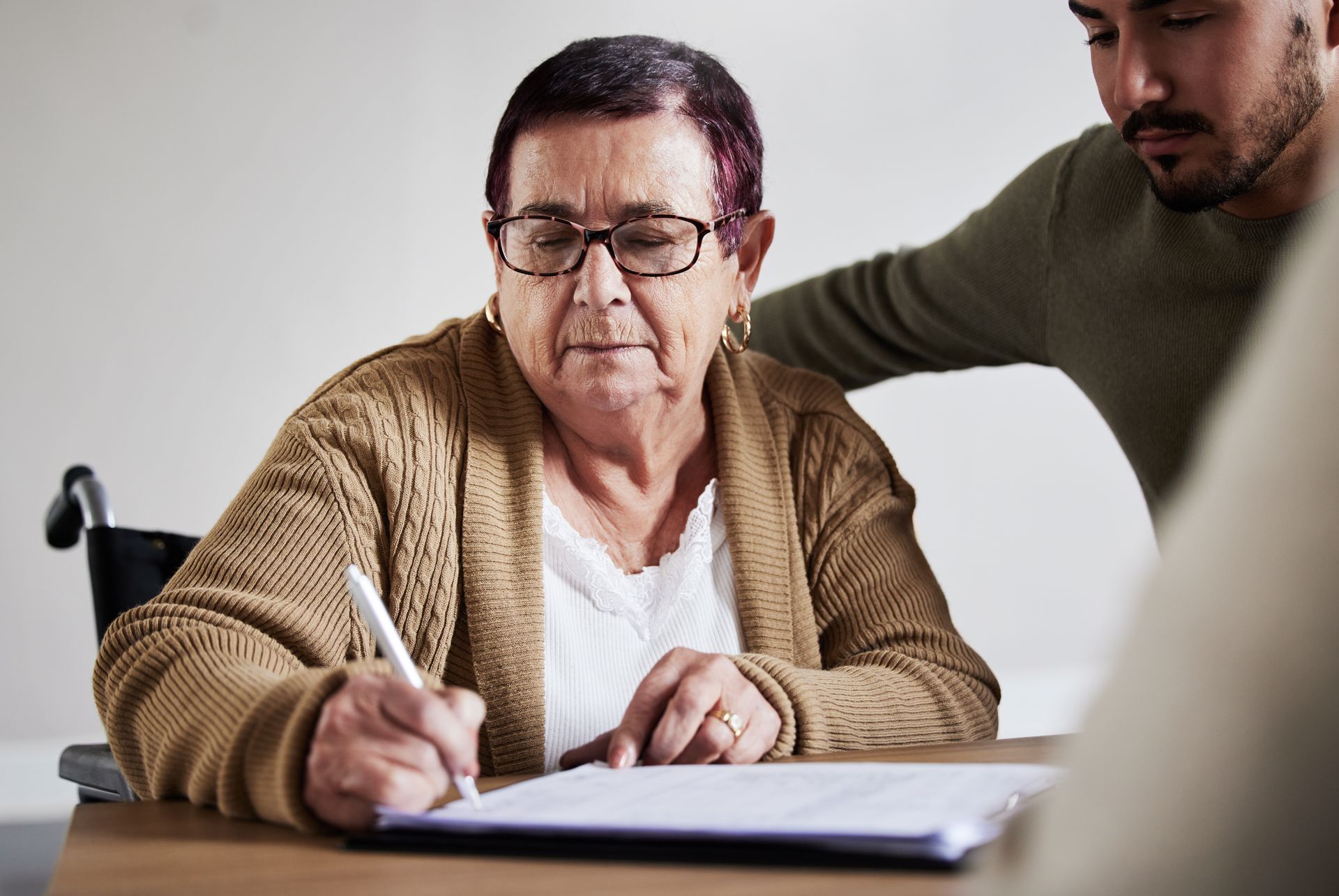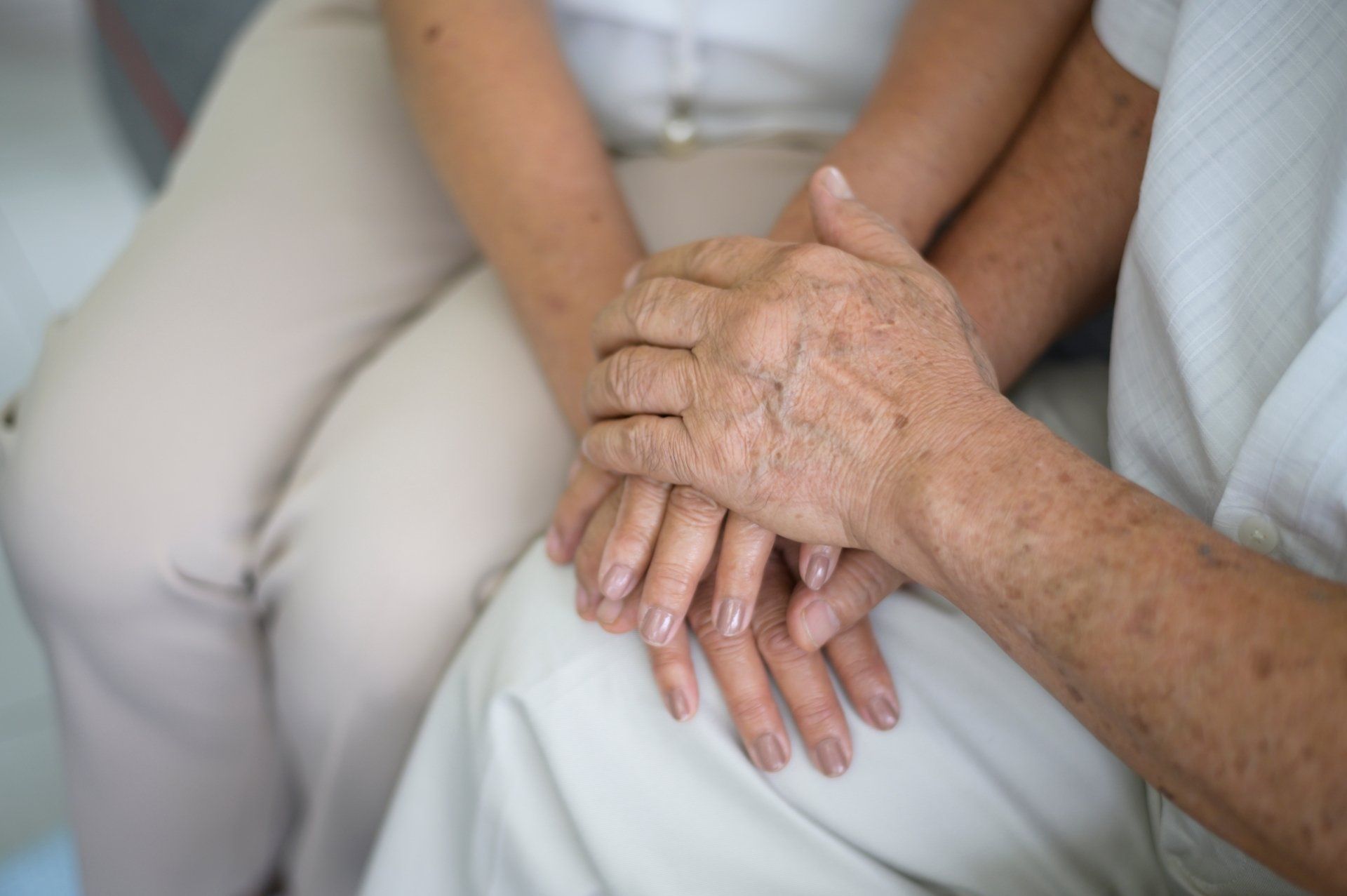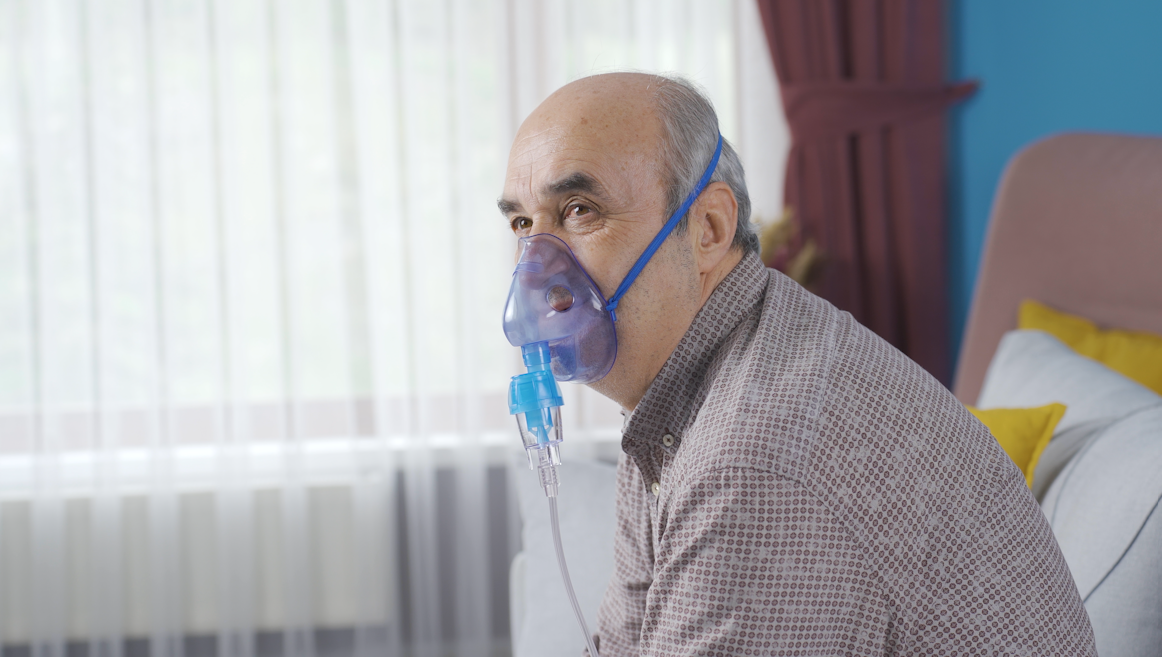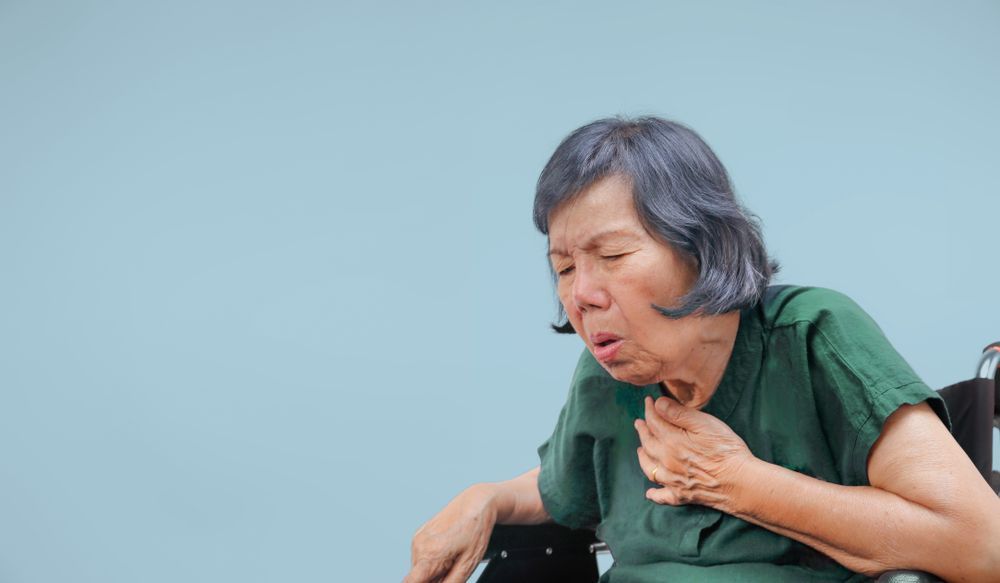Our COVID-19 Response at Elder Care Homecare. Read Now
Legal Checklist for Aging Parents: Safeguarding Their Wishes
At Elder Care Homecare, we understand that life brings its share of complexities, even as we age. Here are the top 6 legal documents to guide you through the crucial process of securing the legal and health documents that are essential for safeguarding your interests and well-being. This legal checklist for aging parents highlights pertinent information that is especially vital for seniors, ensuring their wishes are respected during good health, illness, and even after they've passed.

The discussion may be challenging, but establishing these types of getting affairs in order checklists are a profound act of love and care. Having these important documents in place can not only save time and money but also prevent potential family conflicts. Here, we outline the six key legal documents that you and your loved ones should consider. Once completed, it's advisable to share copies with your primary care physician, a trusted lawyer, and a reliable friend or family member.
1. Durable Power of Attorney
A Durable Power of Attorney (DPOA) grants someone you trust the legal authority to make critical decisions on your behalf. This encompasses various areas of life, such as real estate, banking, financial investments, government benefits, estate trust management, and personal and family matters. The powers granted in a DPOA take effect immediately upon signing and remain in force until the issuer's passing. Ensure that the DPOA adheres to your state's legal requirements.
2. Health Care Power of Attorney/Health Care Proxy
Appointing a health care power of attorney or health care proxy is a pivotal step to ensure your healthcare preferences are honored when you can't communicate them. The appointed individual should have a clear understanding of your wishes, which makes open and honest conversations about end-of-life care essential. These discussions should occur regularly to accommodate any changes in your preferences.
3. Living Will
A living will serves as an advance directive, outlining your end-of-life wishes in writing. While not universally recognized as legally binding, living wills communicate your desires to physicians and healthcare providers. You can obtain a living will document from the U.S. Living Will Registry.
4. Do Not Intubate, Do Not Resuscitate
These documents express your preferences regarding intubation and resuscitation, which can be life-saving yet physically taxing on seniors. Discuss these decisions with your physician to make informed choices about Do Not Resuscitate (DNR) and Do Not Intubate (DNI) orders. Once finalized, share these documents with your physician and keep them prominently displayed at home for emergency personnel to see.
5. Will and/or Trust
These legal documents outline the distribution of your assets and belongings and should be crafted with the guidance of an attorney. Wills and trusts are of paramount importance for seniors as they navigate the complexities of estate planning. A will serves as a foundational document, allowing seniors to clearly outline how they want their assets and possessions to be distributed upon their passing. It not only ensures that their wishes are respected but also minimizes the potential for family disputes and legal complications. Additionally, trusts can offer seniors more control over the management and distribution of their assets, especially if they have specific conditions or beneficiaries in mind. These legal instruments provide seniors with peace of mind, financial security, and the assurance that their legacy will be preserved according to their intentions, making them essential components of comprehensive retirement and estate planning.
6. Advance Directives
Advance directives are among the most crucial documents for seniors. They comprise detailed instructions regarding your medical care and comfort preferences as you approach the end of life. These directives help you specify your preferences for life support, resuscitation, feeding tubes, organ donation, and the kind of comfort you desire during this time.
Remember, these documents require careful consideration but are essential for retaining control over your life during illness and at the end of life. Preparing them ensures that trusted friends or family members have the necessary information to advocate for your wishes when you can no longer convey them to medical professionals.
At Elder Care Homecare, we're here to support you every step of the way, ensuring that your wishes and interests are respected and upheld. We provide compassionate care for seniors throughout New York City, Westchester, Long Island, and Connecticut, because you deserve nothing less.
New York City Elder Home Care Blog





Elder Care Homecare looks after seniors and individuals with disabilities through dependable companion care and in-home care services.
We service Westchester County, Long Island and the entire New York City metro area including Queens, Brooklyn, The Bronx, and Manhattan.
QUICK LINKS
CONTACT
Call Us Today:
(914) 268-6221
Caregiver or Employment Inquiries: (914) 414-4841
111 Brook St
Scarsdale, NY 10583
370 Lexington Ave
New York, NY 10168
United States
1025 Old Country Road
Suite 314
Westbury, NY 11590
750 E Main St
Stamford, CT 06902






